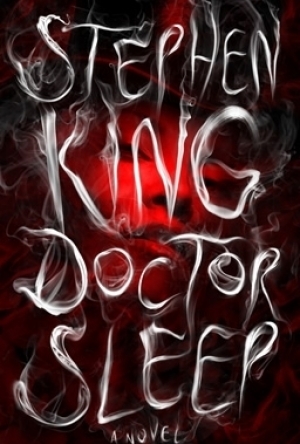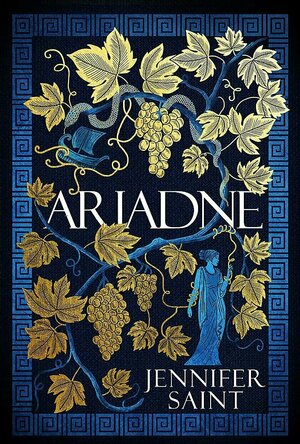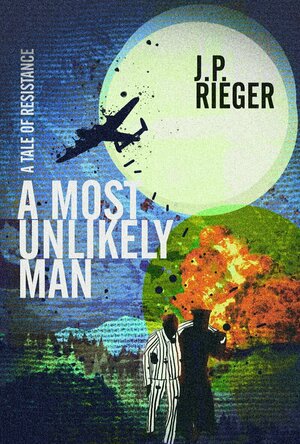
A Most Unlikely Man: A Tale of Resistance
Book
Isadore Levinsky is a survivor. No stranger to concentration camps, he's been freighted by boxcar to...
Historical Fiction Magical Realism
Jesters_folly (230 KP) rated Doctor Sleep in Books
Oct 9, 2019
Doctor Sleep Focus’ on the power of the Shinning, what it can do and how it affects not only the people with the power but others around it. Unlike the first book ghost’s do not play a major part in most of the story, there is a bit in the beginning which ties up events at the Overlook but, although ghosts are mentioned they have been (Mostly) replaced by a group called The True Knot, a group of vampire like beings who feed off the Shining instead of blood. As Dan finds himself caught up with The True Knot he finds that he is being pulled back to the site of the Overlook.
A big part of the book is about how you can’t escape your past and that, until you accept your mistakes you will never really be able to move forward. It is also about acceptance and the fact that you are never really alone, that other people have experienced what you are going through and that they can help you get through life if you let them and it is about family, accepting the one you have but also find a new one, finding people who will accept you as you are but it is mostly about psychic Vampires and the power of the Shining.
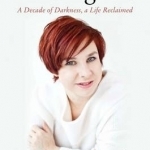
Finding Me: A Decade of Darkness, a Life Reclaimed: A Memoir of the Cleveland Kidnappings: A Memoir of the Cleveland Kidnappings
Michelle Burford and Michelle Knight
Book
The #1 New York Times Bestseller Michelle was a young single mother when she was kidnapped by a...
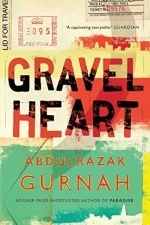
Gravel Heart
Book
Moving from revolutionary Zanzibar in the 1960s to restless London in the 1990s, Gravel Heart is a...
fiction
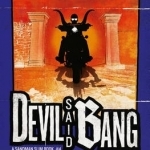
Devil Said Bang
Book
The fourth eagerly awaited Sandman Slim novel from Richard Kadrey While ruling the denizens of...

Hugo Troll Race Classic
Games and Entertainment
App
Hugo, the worlds most famous troll, is back on track! Be warned - very addictive! Following the...
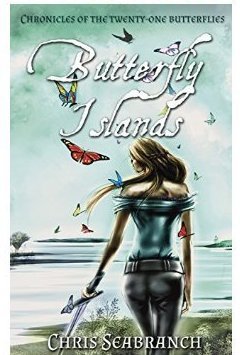
Butterfly Islands (Chronicles of the Twenty-One Butterflies Book 1)
Book
Casey is only fifteen years old when her stepfather tries to marry her to a perverted and brutal man...
YA Young Adult Action Adventure Pirates Treasure

Order (Tattoos and Ties Duet #2)
Book
Assistant District Attorney Alec Pierce wants a future with the sexy, tough-talking biker who came...
Contemporary MM Romance
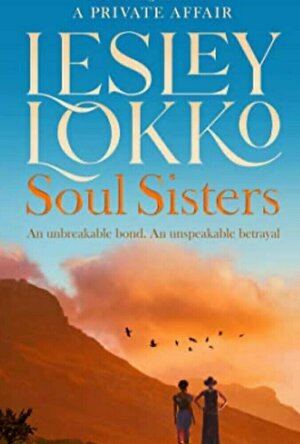
Soul Sisters
Book
Soul Sisters by Lesley Lokko is a rich, intergenerational tale of love, race, power and secrets...
Historical fiction South Africa Edinburgh London
Lyndsey Gollogly (2893 KP) rated Ariadne in Books
May 31, 2022
Book
Ariadne
By Jennifer Saint
⭐️⭐️⭐️
Ariadne, Princess of Crete, grows up greeting the dawn from her beautiful dancing floor and listening to her nursemaid’s stories of gods and heroes. But beneath her golden palace echo the ever-present hoofbeats of her brother, the Minotaur, a monster who demands blood sacrifice.
When Theseus, Prince of Athens, arrives to vanquish the beast, Ariadne sees in his green eyes not a threat but an escape. Defying the gods, betraying her family and country, and risking everything for love, Ariadne helps Theseus kill the Minotaur. But will Ariadne’s decision ensure her happy ending? And what of Phaedra, the beloved younger sister she leaves behind?
Hypnotic, propulsive, and utterly transporting, Jennifer Saint's Ariadne forges a new epic, one that puts the forgotten women of Greek mythology back at the heart of the story, as they strive for a better world.
I love Greek Mythology and I liked this I was expecting to love it as everyone is raving about it and although it was good and well written I didn’t love it like I would! It possibly deserves a 3.5 almost 4 star but I don’t know I felt a little flat about it. I would recommend it but I would advise possibly not to read the hype on TikTok then you will have a more balanced read and opinion I think.
